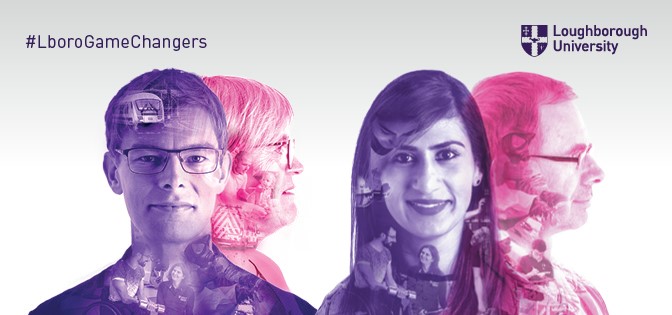Researchers from Loughborough University and Leeds Beckett University wanted to identify the main barriers between being in care and physical activity.
They interviewed more than 150 children and young people aged seven to 22-years-old, as well as adults who worked in the care sector, and gathered their views about the importance of sport, the chances they felt they had to take part in sport, the perceived benefits of sport and the barriers they faced.
The Right to Be Active (R2BA) team found that:
- Only 40% of the young people felt they had the same opportunities to take part in sport as friends who were not in care
- The main barriers were low self-confidence, transport and money
- More than 80% of young people thought that physical activity was either ‘a little important’ or ‘very important’
- The main benefits were health, enjoyment, social opportunities and skill development
The report has been published today.
It is based on the paper, Navigating complex social landscapes: examining care experienced young people’s engagements with sport and physical activity, which was included in the journal, Sport, Education and Society, in December 2019.
One of the lead researchers, Dr Rachel Sandford, of Loughborough’s School of Sport, Exercise and Health Science (SSEHS), said: “It’s widely recognised that sport and physical activity have much potential for supporting young people’s positive development.
“However, we know that some young people might not be able to access sport and physical activity as easily as others, and they might have fewer opportunities to do so – with those who are care experienced often being particularly disadvantaged.
“Our concerns in this regard led us to develop the Right to Be Active project so that we might explore what facilitates and/or inhibits care experienced young people’s involvement in sport and physical activity.
“Over the course of the project, it became evident that care experienced youth had such impactful stories to tell us about their experiences of sport and physical activity and so stories (and cartoons!) became a real focus for us as a means to do this.
“The project has helped us to highlight the complex social landscapes that care experienced youth have to navigate in order to be able to have ‘good’ experiences within sport and physical activity and so now – through our continued work around the project – we’re seeking to translate research into policy and practice to ensure that more care experienced young people are able to exercise their ‘Right to be Active’.”
One of the key recommendations was the need for better communication and a more ‘joined-up approach’ between local authorities, carers, schools and the young people themselves.
Other important findings and recommendations included:
- Sport/PA were perceived to be important for care experienced youth, with evident benefits acknowledged
- Notable barriers to participation were identified for some care experienced youth, at both individual and structural levels
- The transient nature of many care experienced young people’s lives was a significant challenge to sustained participation in sport/PA
- Education was seen to play a key role in providing sport/PA opportunities, in contrast to policy perspectives
- The need for a ‘joined-up’ approach, supported by specific policy, was emphasised
The R2BA team has been working to spread news of the findings to various audiences via academic conferences, stakeholder workshops and additional discussions with CEYP groups.
In June of last year, the findings from R2BA were also shared at an APPG meeting in Westminster.
Dr Sandford said: “It is hoped that these ongoing conversations can help to effect real change for CEYP in relation to their experiences of sport.”

Right to Be Active Project
Right to Be Active (R2BA) was a British Academy-funded project undertaken by researchers from Loughborough University and Leeds Beckett University and sought to examine the sport and physical activity (PA) experiences of care experienced young people (CEYP) in England.
R2BA was underpinned by a participatory youth voice approach and a key aspect of data collection was a series of interactive, task-based focus group discussions with CEYP across England.
Findings from the R2BA project show that while some young people do have positive experiences of sport/PA while in care, there are often considerable challenges faced by this population with regard to access, support and opportunity.
ENDS


